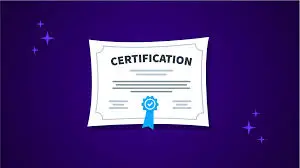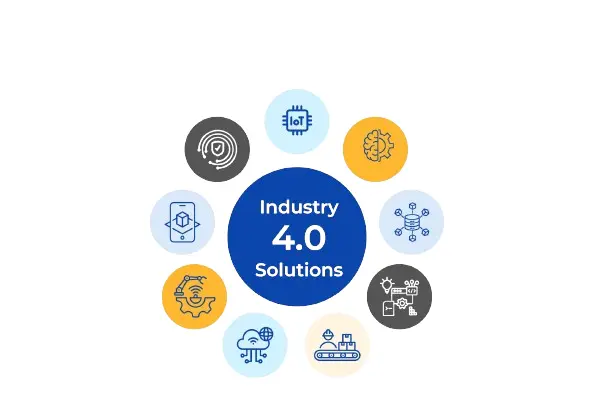Course Overview
This course provides the knowledge and skills required to assess and control noise in the occupational and community environment. Participants will learn the physics of sound, how to use sound level meters and dosimeters, interpret results against exposure standards, and design effective noise control measures.
Course Duration
5 Days
Target Audience
-
OHS Professionals
-
Industrial Hygienists
-
Environmental Officers
-
Facility and Acoustic Engineers
-
Health and Safety Committee Members
Personal Impact
-
Ability to conduct occupational and environmental noise surveys.
-
Proficiency in calibrating and using sound level meters and noise dosimeters.
-
Skills to interpret noise data and assess compliance with regulations.
-
Knowledge to recommend engineering and administrative noise control solutions.
Organizational Impact
-
Prevention of Noise-Induced Hearing Loss (NIHL) among employees.
-
Compliance with occupational and environmental noise regulations.
-
Reduced costs associated with hearing loss compensation and hearing conservation programs.
-
Improved community relations by managing environmental noise.
Course Level:
Course Objectives
-
Understand the basic principles of sound and noise measurement.
-
Conduct occupational noise exposure assessments using appropriate instrumentation.
-
Evaluate environmental noise impacts.
-
Identify and recommend appropriate noise control measures.
Course Outline
Module 1: Fundamentals of Sound and Noise
-
Sound wave properties: frequency, wavelength, amplitude.
-
Decibels (dB), frequency weighting networks (dBA, dBC), and time weighting (Fast, Slow).
-
Health effects of noise: hearing loss, tinnitus, non-auditory effects.
-
Exercise: Calculating dB addition and averaging.
Module 2: Occupational Noise Exposure Standards and Metrics
-
Occupational Exposure Limits (OELs): OSHA PEL, ACGIH TLV.
-
Key metrics: Time-Weighted Average (TWA), Exchange Rate (3-dB vs. 5-dB), Dose, Criterion Level.
-
Workshop: Calculating noise dose and TWA from sample data.
Module 3: Noise Measurement Instrumentation
-
Types of sound level meters (Class 1/Type 1 vs. Class 2/Type 2).
-
Noise dosimeters: operation, placement, and use for personal exposure monitoring.
-
Octave band analyzers for identifying frequency content.
-
Hands-On Workshop: Calibrating and using a sound level meter and a dosimeter.
Module 4: Conducting a Noise Survey
-
Developing a noise survey strategy: area monitoring vs. personal dosimetry.
-
Identifying noisy areas and job classifications for monitoring.
-
Documenting measurement conditions and results.
-
Practical Exercise: Conducting a noise survey in a designated area or using simulated data.
Module 5: Noise Control Principles and Strategies
-
The hierarchy of controls applied to noise: engineering, administrative, PPE.
-
Principles of noise control: absorption, barriers, isolation, damping.
-
Hearing Protection Devices (HPDs): selection, fit-testing, and attenuation.
-
Final Project: Analyzing a noise survey dataset, identifying areas of over-exposure, and recommending a control plan that prioritizes engineering solutions.
Related Courses
Course Administration Details:
METHODOLOGY
The instructor-led trainings are delivered using a blended learning approach and comprise presentations, guided sessions of practical exercise, web-based tutorials, and group work. Our facilitators are seasoned industry experts with years of experience, working as professionals and trainers in these fields. All facilitation and course materials will be offered in English. The participants should be reasonably proficient in English.
ACCREDITATION
Upon successful completion of this training, participants will be issued an Indepth Research Institute (IRES) certificate certified by the National Industrial Training Authority (NITA).
TRAINING VENUE
The training will be held at IRES Training Centre. The course fee covers the course tuition, training materials, two break refreshments, and lunch. All participants will additionally cater to their travel expenses, visa application, insurance, and other personal expenses.
ACCOMMODATION AND AIRPORT PICKUP
Accommodation and airport pickup are arranged upon request. For reservations contact the Training Officer.
- Email: [email protected]
- Phone: +254715 077 817
TAILOR-MADE
This training can also be customized to suit the needs of your institution upon request. You can have it delivered in our IRES Training Centre or at a convenient location. For further inquiries, please contact us on:
- Email: [email protected]
- Phone: +254715 077 817
PAYMENT
Payment should be transferred to the IRES account through a bank on or before the start of the course. Send proof of payment to [email protected]
Click here to register for this course.
Register NowCustomized Schedule is available for all courses irrespective of dates on the Calendar. Please get in touch with us for details.
Do you need more information on our courses? Talk to us.








